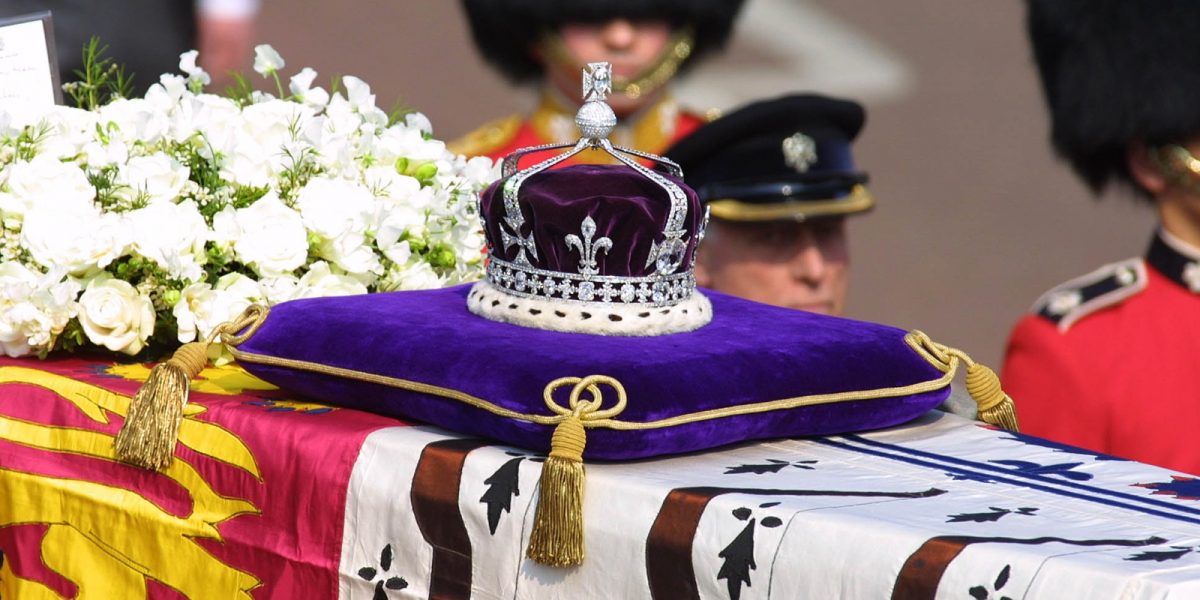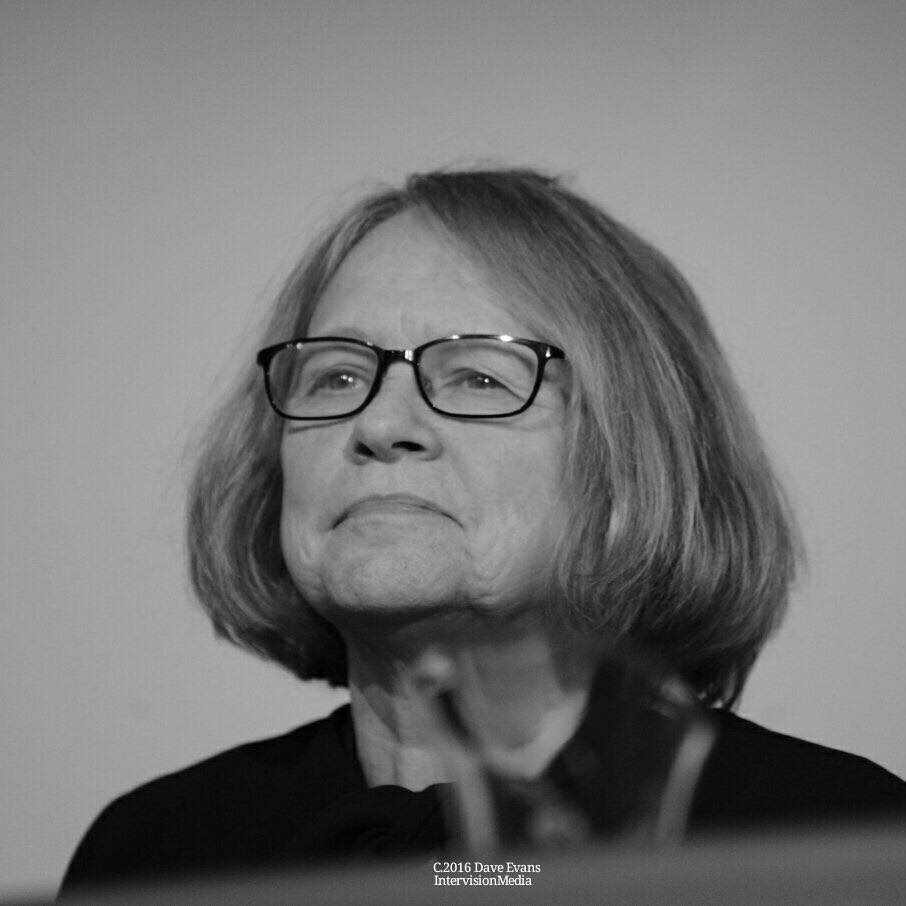“The English bourgeoisie has erased even the memory of the revolution of the 17th century, and recasts its entire past in the form of ‘gradual changes’.” – Leon Trotsky
The adulation of monarchy witnessed by the response to the death of the queen and the accession of King Charles III demonstrates the extent that it remains true, nearly 100 years after the Russian revolutionary Trotsky wrote these words. The combined efforts of the British (and international) ruling class and its many acolytes and hangers on are to ensure that we see the anachronism of hereditary power as a natural, gradually evolving, process, replete with a tradition which ensures stability and certainty.
The royals reinforce class rule
The principle of monarchy is clear: there is absolutely no qualification for being head of state other than having been born into it. This goes against the democratic principle to which most of us subscribe, but it has a very important function for British capitalism. Just as we have no say over who is the CEO of the company we work for, nor the workings of the Bank of England, nor the mechanisms of the market which decrees the trebling or quadrupling of our energy bills, so we should accept that those who have always ruled us should continue to do so.
The events of the past few days demonstrate the way in which all the institutions of society are turned towards reinforcing this message: sombre and sometimes tearful news presenters talk about the queen’s death as a personal loss; the sizeable minority in this country who are republicans simply do not have a voice and are subject to criticism for daring to raise problems with the whole notion of royalty; working-class entertainment and activities (football and festivals) are cancelled out of ‘respect’ while opera and theatre continue.
Britain’s royal tradition is cloaked in often obscure and incomprehensible rituals, designed to make us believe that it is the pinnacle of a stable society. The stupendous wealth of the queen and her descendants is simply not talked about, while instead we hear of her frugality and use of one-bar electric fires.
Britain’s monarchy has endured into the 21st century in a way which often makes it seem outdated – in fact it is a central plank of British capitalism and a highly ideological underpinning of a system of empire and exploitation which has endured for hundreds of years. In 1914, Europe was mostly ruled by empires and kingdoms. By the end of the First World War, the defeated powers – the German and Austro-Hungarian empires, the Ottomans, and the Russians, whose Tsar was overthrown by revolution in 1917 – all lost their monarchies. Britain held on to its royalty, although it began to lose its empire. The Windsors, as they became known during the war after changing their name from the German, kept many of the ceremonial trappings – ornate uniforms, cavalry and coaches, honours and titles – which they still maintain today. Yet beneath all this lies a family of huge wealth and influence, closely tied into the political system and into the City of London, one of the major landlords in Britain and closely tied into the economic system itself.
The English Revolution
The revolution which took place in the 17th century was a struggle between absolutist monarchy in the form of Charles I and parliament which he tried to sideline. The resultant civil war led to the execution of Charles, the abolition of the monarchy and House of Lords, and the creation of one of the first republics in the world. Although Charles II was restored in 1660, it was monarchy on very different terms. British capitalism and empire was rapidly expanding – this was the period of creation of the Bank of England and the East India Company – and the king’s role was now constitutional, ensuring the smooth functioning of these institutions. The ‘Glorious Revolution’ of 1688 ensured no return to absolutism.
This whole process is largely hidden today. Unlike the French and American revolutions, there is no day to celebrate its achievements. To do so would be to admit the defeat of the monarchy and the possibility of a society without the hereditary principle.
Elizabeth II’s reign of 70 years saw the decline of Britain as an economic power but also as an imperial power. The countries of empire achieved their independence, although a number retain the British monarch as head of state. That was already beginning to change and will no doubt continue. In Britain there will be many problems facing the monarchy. The queen had a level of popularity and respect, partly due to her longevity, partly to her connection to the Second World War, which has achieved an almost mythical status in terms of much propaganda and ideology, partly to the fact that she is not seen as a politician, who are widely discredited. Charles will have a much more difficult job. Already polls show that support for him is to say the least underwhelming. There is far less support for the monarchy among younger generations than the old. There is also much less support for a ‘United Kingdom’, as Scotland in particular shows.
In addition, the social, economic and political crisis now engulfing Britain will emerge again once the mourning period ends. It is remarkable to have a change of prime minister and head of state both in the same week, but that is what we have just seen. Support for Liz Truss, even within her own party, is not strong and the plans that she has for the energy crisis, which is essentially a major bailout to the energy companies at our expense, will prove highly unpopular.
Democracy not royalty
British politics is in an odd place. There has been effectively no government since June, it and parliament are now in abeyance until after the funeral, there is talk of the party conferences being postponed, as the TUC already has been. At the same time, there is a rise in class struggle and antagonism towards government and employers in the face of the cost-of-living crisis. The vacuum in politics and growing working-class discontent will not go unnoticed by the ruling class. It hopes that it can dampen the struggles and sees support for the monarchy as a good way of doing so. It strengthens the idea of ‘one nation’ and that ‘we are all in it together’. We should not be fooled.
The planned strikes this week have been postponed, in my view mistakenly, but the employers’ attacks on workers have not. They will try to use this period to weaken the momentum of the strikes and to reinforce the idea that we have to accept effective cuts in wages ‘in the national interest’. But there is not one national interest. We live in a class divided society in which royalty plays an important part in reinforcing ideas that inequality is natural and of the impossibility of fundamental change. It has no place in a democracy and is anathema to the idea of socialism and equality.
This article was first published by Counterfire.
Did you like this article? Help us produce more like it by donating $1, $2, or $5. Donate


